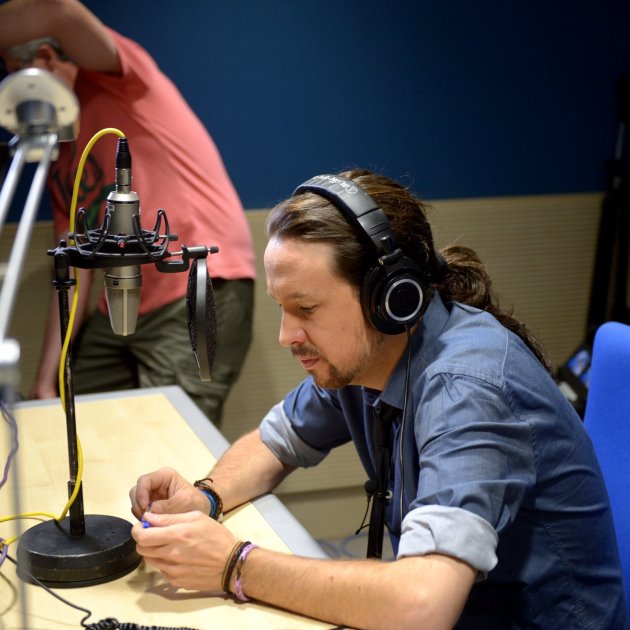Former Spanish deputy prime minister Pablo Iglesias has told radio station RAC1 that the arrest in Sardinia of Carles Puigdemont was an "operation of certain judges and the police leadership."
Pablo Iglesias also revealed that the arrest of exiled Catalan president Puigdemont "was an operation that the Spanish government was unaware of and that the Italian government did not know about either." In fact, Iglesias, who was the secretary general of the Podemos party and Spain's second deputy PM until May 5th this year, asserts that the Spanish minister of the interior Fernando Grande-Marlaska was surprised when he was told about it.
Conspiracy against the Spanish government
"This is an operation which involves judges that everyone knows, but sectors of the judiciary also knew about it," he said, adding that this judicial hierarchy "found out before the Spanish government itself." The operation worries the former Podemos leader who says that there are sectors of the "deep state" that are "very interested in this legislature ending prematurely, by losing the support it needs to pass a government budget."
According to him, this interest by the "right wing of the judiciary, police and media" should make the Catalan and Spanish governments reflect on the importance of bringing dialogue to fruition.
Iglesias also explained why he believes many Spanish judges were surprised by Puigdemont's non-extradition by the Sardinian judge: "Italy regularly requests the extradition of mafia leaders living in Spain. It was not to be expected that Italy would not extradite him."
Podemos aligns with Iglesias
The Spanish spokesperson for Unidas Podemos, Isa Serra, underlined following Puigdemont's arrest on Thursday last week that "there are attempts to revive the conflict" in Catalonia and that the right "would be happy" for the dialogue table to get stuck.
She said this at a press conference at party headquarters, adding that she agrees with her party's former leader Pablo Iglesias, in the "belief" that there are "situations" that seek to reactivate lawfare against the Catalan independence leaders. Serra proclaimed that the way to resolve the political conflict with Catalonia "is the dialogue table", which the right "would be happy to see slow down, blocked and not making progress".
"But we are clear that the important thing is the political resolution of a conflict that is political, with the proposals that we have brought to the table, so that these attempts to revive the conflict through lawfare will not have any effect," he proclaimed.
Main image: Pablo Iglesias on the radio. ACN
